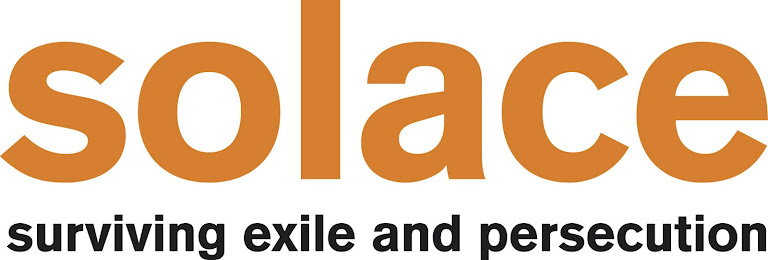 Solace was set up to provide counselling and advocacy to asylum seekers and refugees. A growing body of evidence revealed that their mental health needs were not being met by mainstream services, partly because of language barriers, but also because many health professionals felt ill-equipped to deal with the multiple traumas that many asylum seekers and refugees were suffering from. These findings were supported by research commissioned by Solace.
Solace was set up to provide counselling and advocacy to asylum seekers and refugees. A growing body of evidence revealed that their mental health needs were not being met by mainstream services, partly because of language barriers, but also because many health professionals felt ill-equipped to deal with the multiple traumas that many asylum seekers and refugees were suffering from. These findings were supported by research commissioned by Solace.One of the traumas facing asylum seekers that is rarely recognised is the way they are treated in Britain, not only by the media and by many of the people who live around them, but above all, by officialdom, as a result of government policies.
A standard letter from the Borders and Immigration Agency (a Home Office agency) to an asylum seeker begins with the greeting ‘You are liable to be detained’, a threat that is carried out even when no crime has been committed. Like dangerous criminals, however, asylum seekers, including women with young children, are all too often raided in the middle of the night by the Police and sent to a detention centre without warning. Several of our female clients have experienced this treatment in the past year.
The failed asylum seeker’s ‘crime’ is that the authorities do not believe them when they say they have been persecuted, or, to use the jargon of the courts, their ‘evidence is not credible’. For many asylum seekers, it is very hard or impossible to prove that they have been persecuted, especially when, as one client told us, he had to leave his country in a hurry, after government soldiers had tried to kill him.
Our experience of working with asylum seekers at Solace is that the inhospitable treatment they frequently receive here in Britain often exacerbates any mental health problems that they may already have. The vast majority of our clients have felt or continue to feel suicidal. Whilst many of them have benefited enormously from the service we offer, which makes their lives a little more tolerable, progress is all too often reversed by the heavy hand of officialdom as a result of punitive government policies.
